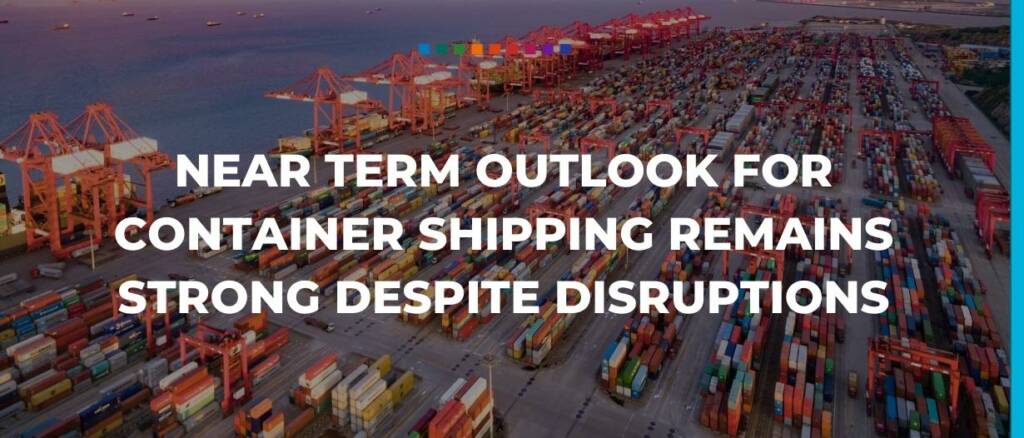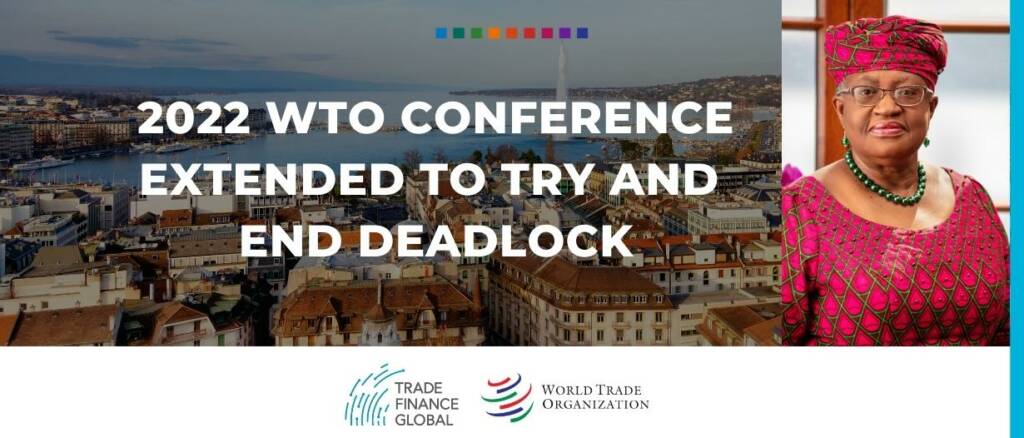During the panel session ‘unlocking liquidity with collaborative trade finance’ at the finanzsymposium in Mannheim in May, TFG spoke with German and Scandinavian fintech professionals about their thoughts on the future of trade finance, and what solutions they think are needed for the next generation.
Just as China’s trade sector recovers from a fresh wave of COVID-19 lockdowns, the world’s largest exporter now faces a slimmer order book amidst weakening global sentiment and increased belt-tightening measures linked to inflation.
Fintech growth over the last five years has been exponential, with investment in UK fintech hitting £27.5 bn in 2021 – but the high reward also means high risk.
Your Monday morning coffee briefing from TFG:
2022 WTO conference extended to try and end deadlock
Despite port congestion woes, COVID-19 lockdowns in Asia and vessel availability issues, the container shipping sector remains in boom territory. TFG investigates.
LIBF’s Alex Gray discusses how trade finance education has evolved since the pandemic.
The WTO Director-General has extended the WTO Ministerial Conference by a day in a bid to secure some form of agreement around trade deals. With a potential food security crisis looming for developed countries, can an eleventh hour agreement be reached?
With technology revolutionising almost every area of business, TFG asked a number of fintech experts whether it also has a role to play in streamlining how trade finance applications are handled and processed to help unlock more trade finance liquidity.
Certified Documentary Credit Specialist Ravi Jinugu explains the motivations and rationale for variation of Incoterms® rules.
Your Monday morning coffee briefing from TFG: we.trade enters the trough of disillusionment – what this means for the digitalisation of trade finance























